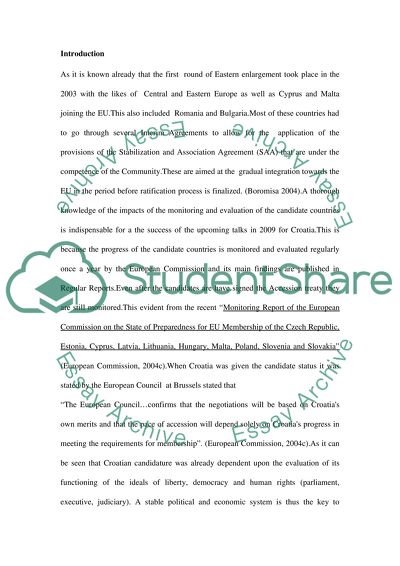Cite this document
(“European Union's State Development Case Study Example | Topics and Well Written Essays - 3000 words”, n.d.)
Retrieved de https://studentshare.org/politics/1525165-european-unions-state-development
Retrieved de https://studentshare.org/politics/1525165-european-unions-state-development
(European Union'S State Development Case Study Example | Topics and Well Written Essays - 3000 Words)
https://studentshare.org/politics/1525165-european-unions-state-development.
https://studentshare.org/politics/1525165-european-unions-state-development.
“European Union'S State Development Case Study Example | Topics and Well Written Essays - 3000 Words”, n.d. https://studentshare.org/politics/1525165-european-unions-state-development.


